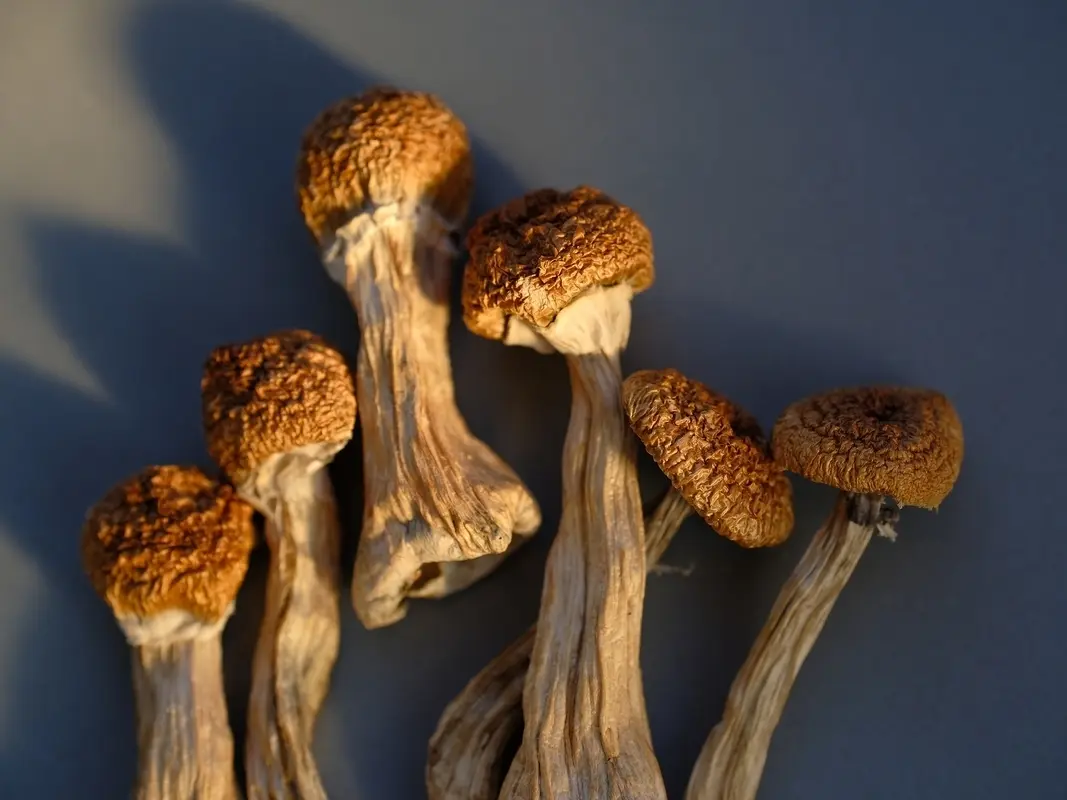According to the results of a newly published study, “psilocybin is highly effective in reducing depressive symptoms severity” among patients with major depressive disorder and treatment-resistant depression.

Dried psilocybin mushrooms (photo credit: Shutterstock).
Published in the journal Brain Sciences, the study is titled Comparison between Single-Dose and Two-Dose Psilocybin Administration in the Treatment of Major Depression: A Systematic Review and Meta-Analysis of Current Clinical Trials. It was conducted by researchers from Sigmund Freud University of Milan, Vita-Salute San Raffaele University and Vita-Salute San Raffaele University, all in Italy
“Current pharmacological treatments for major depressive disorder (MDD) are often only partially effective, with many patients experiencing no significant benefit, leading to treatment-resistant depression (TRD)”, states the study. “Psilocybin, a classical serotonergic psychedelic, has emerged as a notable emerging treatment for such disorders.”
The aim of this systematic review and meta-analysis “is to summarize and discuss the most recent evidence about the therapeutic effects of single-dose and two-dose psilocybin administration on the severity of depressive symptoms, as well as compare the efficacy of these interventions among patients with a primary diagnosis of MDD or TRD.”
For the study, articles were collected from EBSCOhost and PubMed following the PRISMA guidelines, yielding 425 articles with 138 duplicates. After screening 287 records, 12 studies met the eligibility criteria and were included in the review.
“A quantitative analysis of the studies indicates that psilocybin is highly effective in reducing depressive symptoms severity among patients with primary MDD or TRD”, found researchers. :Both single-dose and two-dose psilocybin treatments significantly reduced depressive symptoms severity, with two-dose administration sometimes yielding more pronounced and lasting effects.”
Researchers note, however. that “it is unclear if this was solely due to dosage or other factors. Future research should include standardized trials comparing these dosing strategies to better inform clinical practice.”
For more information on this study, click here.







